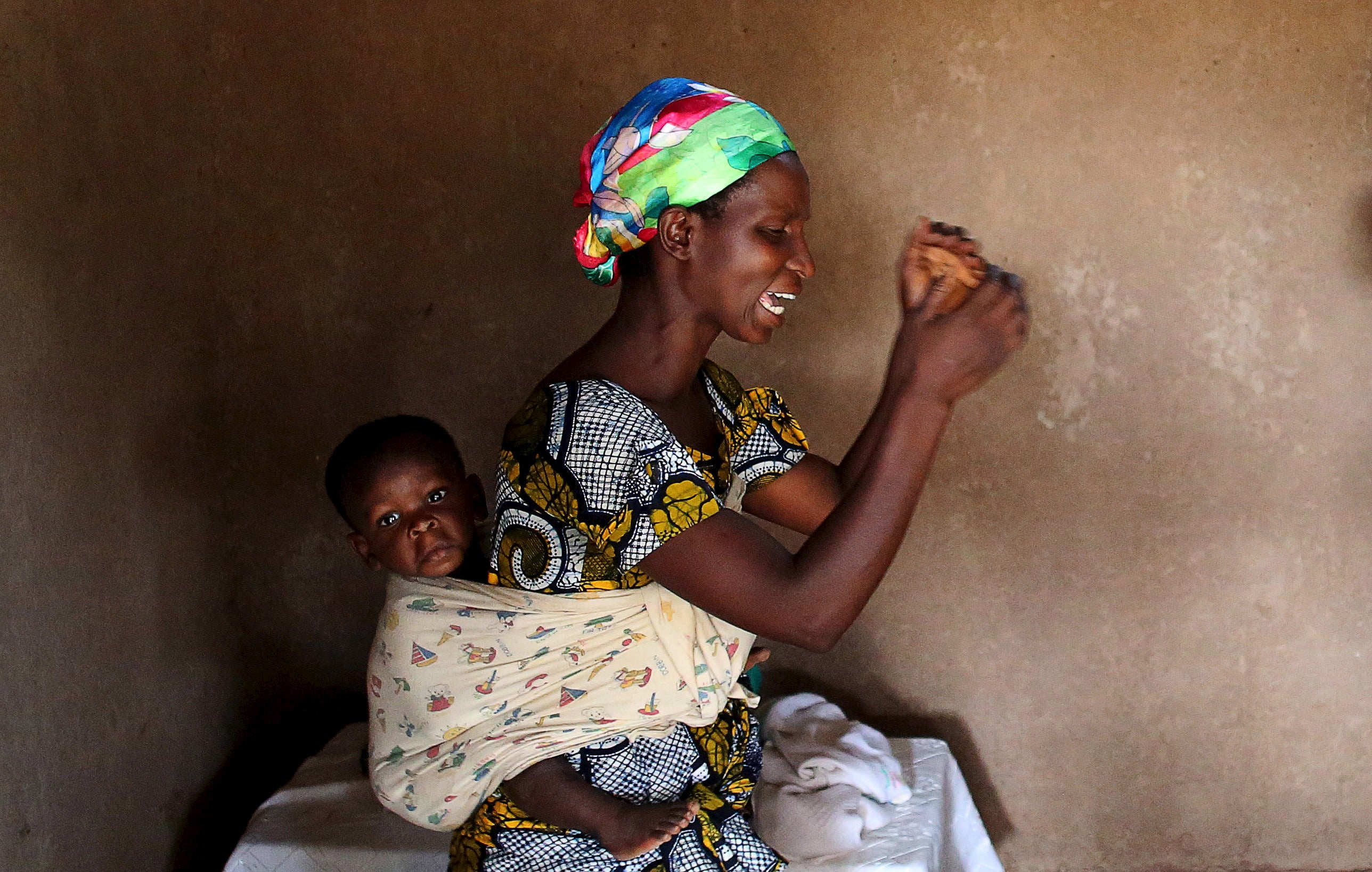Expanding our focus on women's health and well-being
As part of our International Women's Day series, Exemplars in Global Health's Women's Health Lead Jennifer Kidwell Drake offers reflections on the importance of women's health and sexual and reproductive health

During the early days of COVID, I spoke with a research colleague in a country where girls lack common gathering places beyond school. He told me his daughters were spending most of their days stuck inside their apartment without being able to meet with friends, socialize, or even play. This was, in some ways, a challenge I could relate to with my own daughters, who were also stuck at home attending virtual school. Although our experiences were different, we both took comfort in knowing this was a temporary state of affairs. We also knew our girls were lucky to even have the option of virtual classes.
That's not the case for every girl in the world. Safe spaces to play and learn are not always a given.
My colleague and I also spoke about the resilience of our daughters throughout the pandemic. Despite their different circumstances, they had found creative outlets, made us laugh, tried to find ways to help their families and their communities and – this one made us smile – renewed their appreciation for school and education.
In my years of global health work and travel, I've encountered extraordinary resilience and grit in so many women and girls around the world.
This year’s International Women’s Day is centered around the importance of “gender equality today for a sustainable tomorrow.” The focus is not just on the differential impacts of challenges, crises, and disasters for women and girls due to gender inequality, but also on women’s and girls’ leadership in creating change.
Resilience. Grit. It begs the questions that we’re studying at Exemplars in Global Health: what programs and policies, in the health sector and beyond, enable women and girls to live a healthy, fulfilled life? What can we learn from the positive outlier contexts? How can we implement similar practices and policies?
As I reflect on the pandemic, I've heard countless stories of that resilience and grit, but for me, some of the most personally inspiring have been stories from my female friends, family members, and colleagues around the world, including health care workers, teachers, public servants, scholars and scientists, librarians, mothers, and caregivers of all kinds. All have kept their families, communities, and countries moving forward. All have contributed to the sustainability of their own – and our girls’ – futures.
Contributing to our planet’s sustainability – in the environment, in health, or anywhere else – aligns with our early lessons at Exemplars in Global Health. Our program started its work in child health but our evolution into work across other topics has reinforced over and over again that when women thrive, families thrive, communities thrive, and countries thrive.
They’ve reinforced what Sri Lanka's Sirimavo Bandaranaike, the world’s first female prime minister, said at the UN’s First World Conference on Women in 1975: “We are not here only to demolish discrimination but to envision the benefits to the human race of integrating this forgotten half of humanity in development.”
I invite you to read this interview with Asha George, Senior Women’s Health Advisor for Exemplars in Global Health, who says she firmly believes that gender equality is not just for the benefit of women but rather something that will liberate all of us.
Please stay connected with us as we collaborate with our research partners in several countries to launch new studies on three topics from positive outlier countries that have:
- Increased voluntary modern contraceptive use and satisfied demand for contraception
- Supported adolescents to prevent and manage pregnancies, especially unintended pregnancies
- Improved women’s health and well-being across the life course
By studying these Exemplars, and Exemplars in other topics that have yielded insights for women’s health and gender equality, we hope to learn from and be inspired by progress, and help you do the same. By understanding what causes positive change, we can work towards a future that is more equal and benefits the entire human race.
